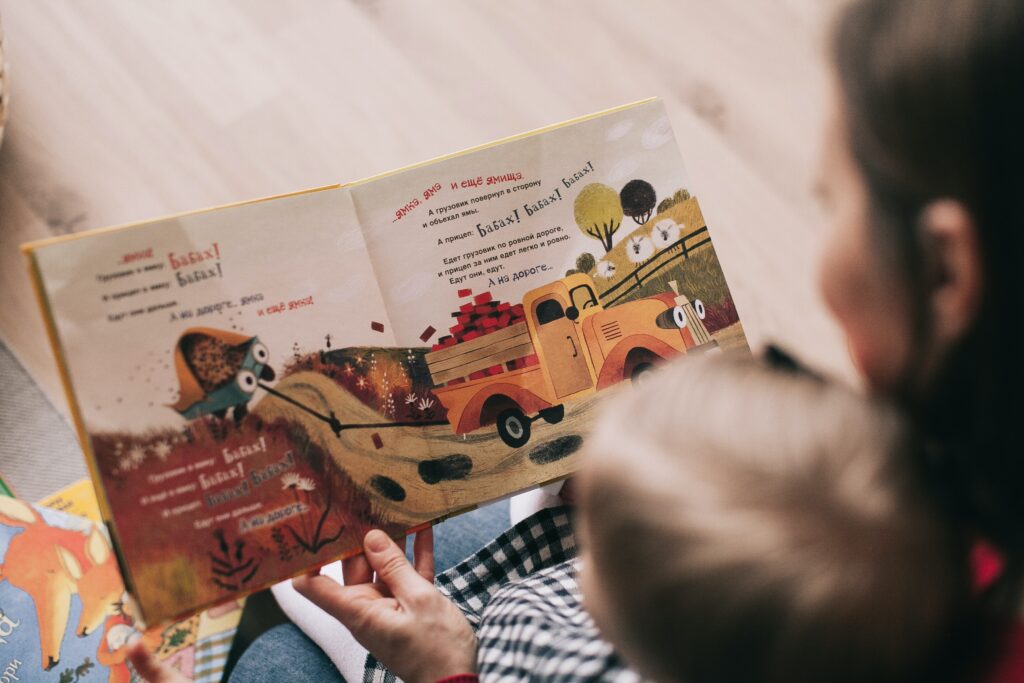As we all know, newborn babies enter the world without any inherent knowledge or abilities. Their brains are working overtime to absorb and understand their surroundings, making countless neuronal connections in the process. In fact, scientific research suggests that the greatest number of connections in the human brain occur during the first few months of their life.
Research suggests that babies’ brains are incredibly active and rapidly developing during the first few years of life. At birth, a baby’s brain contains all the neurons it will ever have, but the connections between those neurons are still forming. During this time, the brain is highly receptive to new experiences and is constantly adapting to the world around it. This early period of brain development is critical for building the foundation of cognitive, social, and emotional skills that will support the child’s growth and learning throughout life. Additionally, studies have shown that early experiences, such as responsive caregiving and stimulation, can have a significant impact on the development of a child’s brain and future potential.
Brain Development
Reading to newborns has been shown to have a positive impact on their brain development. It can help stimulate their brain activity and promote language development. In fact, studies have shown that babies who are read to frequently have stronger language skills and a larger vocabulary later in life.
When babies are read to, they hear new words and sounds, and they see pictures and facial expressions that help them to learn about the world around them. This exposure to language and visual stimuli can help strengthen neural connections in their brain and can have a lasting impact on their cognitive development.
Pro Tip: Be sure to pick books with big pictures and bright colors or patterns, when reading to newborns and infants. Bold colors and images grab their attention better than books with lengthy stories. First 100 Board Book is an excellent starter choice to begin reading to babies. It exposes your little ones to words and pictures from various categories.
Language Acquisition
Language acquisition is a complex process that involves the ability to perceive, understand, and produce language. Although infants are not born with language, they are born with the ability to learn and process language. Its no secret that we have all learnt the language our parents speak by listening to them.
Though babies themselves cannot speak or understand any words, they can distinguish between sounds and subtle differences in speech, even when they are only days old. Their ability to understand and preserve more words in their verbal repository gradually keeps increasing through out infancy. Reading aids this process of accumulation as it exposes them to a lot more words, and this nearly doubles in households where more than one language is used. It is therefore highly recommended to read to them during this early developmental phase.
Cognitive Development
Early reading can have a significant impact on cognitive development in children. Reading to young children exposes them to a variety of words and sentence structures that they may not otherwise encounter in everyday conversation. Along with building their vocabulary and improving their grammar, it enhances their ability to express themselves verbally.
Studies have shown that reading to young children can stimulate brain development, particularly in the areas of language, attention, and memory. This can help improve overall cognitive function and lay the foundation for later academic success.
Imagination and creativity
Reading can transport children to new worlds and introduce them to new ideas and perspectives, both real and fictional. This can help stimulate their imagination and creativity, and help them develop a love of learning that will serve them well throughout their lives.
As children become familiar with different types of stories, they may be inspired to create their own stories and characters. This can help develop their storytelling abilities and encourage them to think creatively. They use their imagination to visualize the characters, settings, and events described in the story. This can help improve their ability to visualize and imagine things, which can be useful in many areas of life.
Emotional Development
Reading can also help children develop empathy and emotional intelligence by exposing them to different characters and situations. This can help them better understand their own emotions and the emotions of others, and develop the social skills needed to navigate the world around them.
Children possess the ability to connect themselves with the characters in books and TV shows, thereby gaining insight into various situations and emotions experienced by the characters. This exposure can aid them in comprehending and empathizing with different emotions.
….and the best for the last
Bonding
Engaging in reading is an excellent way to spend with newborns and infants, especially when they are too young to actively explore their surroundings. Even though they may not be physically active, they possess an incredible ability to absorb various stimuli such as visual, tactile, and auditory information. Reading to them during this stage can contribute to developing a favorable perception of books and reading that can persist in the long run. Checkout Tiny Scholars to find list of books to make bonding process memorable.
These are only a few of the many benefits that early reading can offer. Early reading can be a great way to speed up the process of cognitive development in children. By exposing them to new ideas and perspectives, encouraging storytelling, improving visualization abilities, and developing empathy, reading can help children become more creative and imaginative thinkers. On the whole, reading to infants and newborns can have a profound impact on their development and can help set them up in a much easier path to become independent readers.
